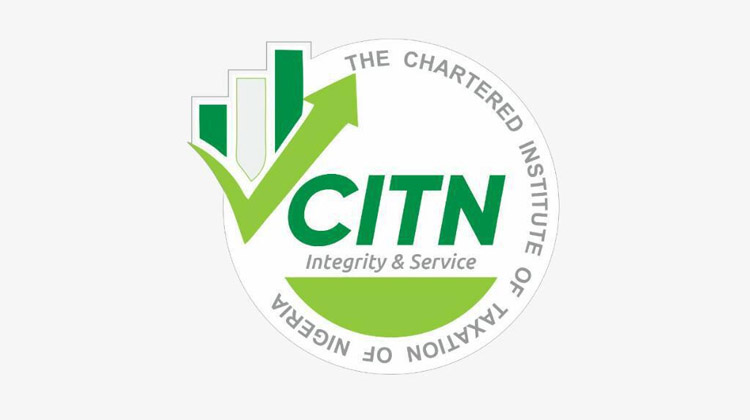The Chartered Institute of Taxation of Nigeria (CITN) has lauded the Nigeria Governors’ Forum (NGF) for its decision to standardize levies on the transportation of agricultural products nationwide. This move is seen as a crucial step towards streamlining the food supply chain, curbing inflation, and ultimately improving food security across the country. The NGF’s recognition of the detrimental impact of unregulated taxation and excessive checkpoints on food prices and supply chain efficiency underscores the importance of this harmonization effort. CITN President, Innocent Ohagwa, emphasized the significance of the decision, highlighting its potential to address the escalating food inflation, which reached a concerning 21.14% in May 2025.
The backdrop of this decision is the alarming rise in food prices driven by various factors, including the proliferation of checkpoints where arbitrary levies are imposed on transporters of agricultural produce. These illegal tolls add significantly to the cost of food, impacting affordability and accessibility for millions of Nigerians. The NGF’s commitment to tackle this issue demonstrates a proactive approach to addressing a critical challenge facing the nation. The CITN’s support further reinforces the validity of the NGF’s initiative, emphasizing the need for coordinated fiscal policies and streamlined administrative procedures to achieve national development goals.
The CITN’s endorsement of the NGF’s resolution goes beyond mere approval; it represents a shared vision for a more efficient and equitable tax system that supports economic growth and improves the lives of citizens. The institute has consistently advocated against multiple and unregulated taxes, recognizing their negative impact on businesses, investment, and ultimately, government revenue. By streamlining the levy system, the NGF’s decision aligns with the CITN’s longstanding advocacy for a simplified and transparent tax regime. This alignment highlights the potential for positive change when government bodies and professional organizations collaborate on critical policy issues.
The effective implementation of this harmonized levy system will require collaborative efforts across all levels of government. The CITN has urged state governors to closely monitor local government chairmen and state internal revenue service heads to ensure compliance with the new directives. This oversight is crucial to prevent the continuation of illegal taxation practices at the local level. The involvement of the Joint Tax Board and the Inspector-General of Police is also crucial for enforcement and accountability. Furthermore, ensuring that local government councils receive their statutory allocation of internally generated revenue is essential to alleviate funding pressures and discourage the imposition of unauthorized levies.
The CITN’s call for people-centered reforms extends beyond this specific initiative. The institute emphasizes the need for broader reforms that improve the ease of doing business, reduce the cost of living, and foster inclusive economic growth. This broader perspective underscores the interconnectedness of various economic factors and the importance of holistic policy approaches. Addressing the root causes of economic challenges, rather than merely treating the symptoms, is crucial for achieving sustainable and meaningful progress. The CITN’s focus on people-centered reforms emphasizes the human dimension of economic policy, highlighting the need to prioritize the well-being of citizens.
In conclusion, the CITN’s enthusiastic support for the NGF’s decision to harmonize agricultural transport levies signals a significant step towards a more efficient and equitable food supply chain in Nigeria. This move promises to curb inflation, improve food affordability, and enhance the livelihoods of millions. Successful implementation will require concerted efforts from all stakeholders, including state and local governments, law enforcement agencies, and the private sector. The collaboration between the NGF and the CITN exemplifies the positive impact that can be achieved through collaborative policymaking, setting a precedent for future initiatives aimed at fostering sustainable economic growth and improving the lives of Nigerian citizens.


